How can we excite and inspire students and the public to learn more about science and technology? Robots, of course! Robots have great potential to provide fun and engaging learning experiences to people of all ages and backgrounds. We are working on the development of several affordable and easy to program robots for K-12 education, as well as robots for interdiscipinary research, and for public communication of science. We have developed many workshops, robot kits, and museum exhibits for public outreach. Through these robots, we hope to make STEM topics more fun and accessible to all. Much of our work in this area has been enabled by funding from the Wyss Institute, for which we are very grateful. Here are some of our current and past projects:
[ ROOT ROBOTICS | KILOBOTICS | AEROBOT | MUSEUMS ]
ROOT ROBOTICS
New! June 20,2019: Root Robotics has been acquired by iRobot! Together with my two co-founders, Ziv Dubrovsky and Raphael Cherney, and the Wyss Institute staff, we have designed an educational robot that uses magnet-wheels to drive on whiteboards, sensing colors and drawing/erasing under program control. What you can do this with this? Teach programming across all ages! With the same versatile robot, we can go from kindergarden to grownups. We have a sliding framework of programming languages e.g. our blocks-based language Square for elementary school, all the way to Python for high-school and college. And the robot unleashes creativity, with activities ranging from Art to AI. Take a look at the Root Website to learn more!
History: Nov 2016: We completed a successful kickstarter with ~400K and 2000 backers. Aug 2017: Root Robotics is launched! We raised 2.5M seed funding and have new digs in Porter square! Spring 2018: Root has been featured at CES, FETC, ASU+GSV and TED! Fall 2018: Root robot are available for purchase on AMAZON!! June 2019: Root Robotics is now part of iROBOT!
LINKS: Our Company and Video
KILOBOTS FOR EVERYONE
One of our lab's first technology transfers was licensing our Kilobot design to K-Team Inc (~2011); now Kilobots are used throughout the world in many labs interested in swarm intelligence! There are over 5000 robots in dozens of labs all over the world! ("kilos of robots") You can purchase robots from K-Team, but you can also make your own (the hardware and software designs are open-source for non-commercial use). We have also developed a web-based programming Environment Kilobotics, along with a set of tutorials to make it easy to get started.
Our goal is to make experimental research on collective behaviors possible across disciplines, whether the goal is to develop new engineering methods or understand biological systems synthetically. Kilobots are designed to be accessible to researchers, educators, and museums. In addition to CS/robotics groups (e.g. Sabine Haeurt at Bristol, Marco Dorigo in Belgium), our robots are also owned by biologists. e.g. UCSF's Center for Systems Biology (Wendell Lim) and NJIT Social Insects Research Group (Simon Garnier) who use them for both research/education and public outreach. Sometimes they even appear on buses!
LINKS: Kilobots HomePage; Buying K-Team Kilobots and programming at Kilobotics
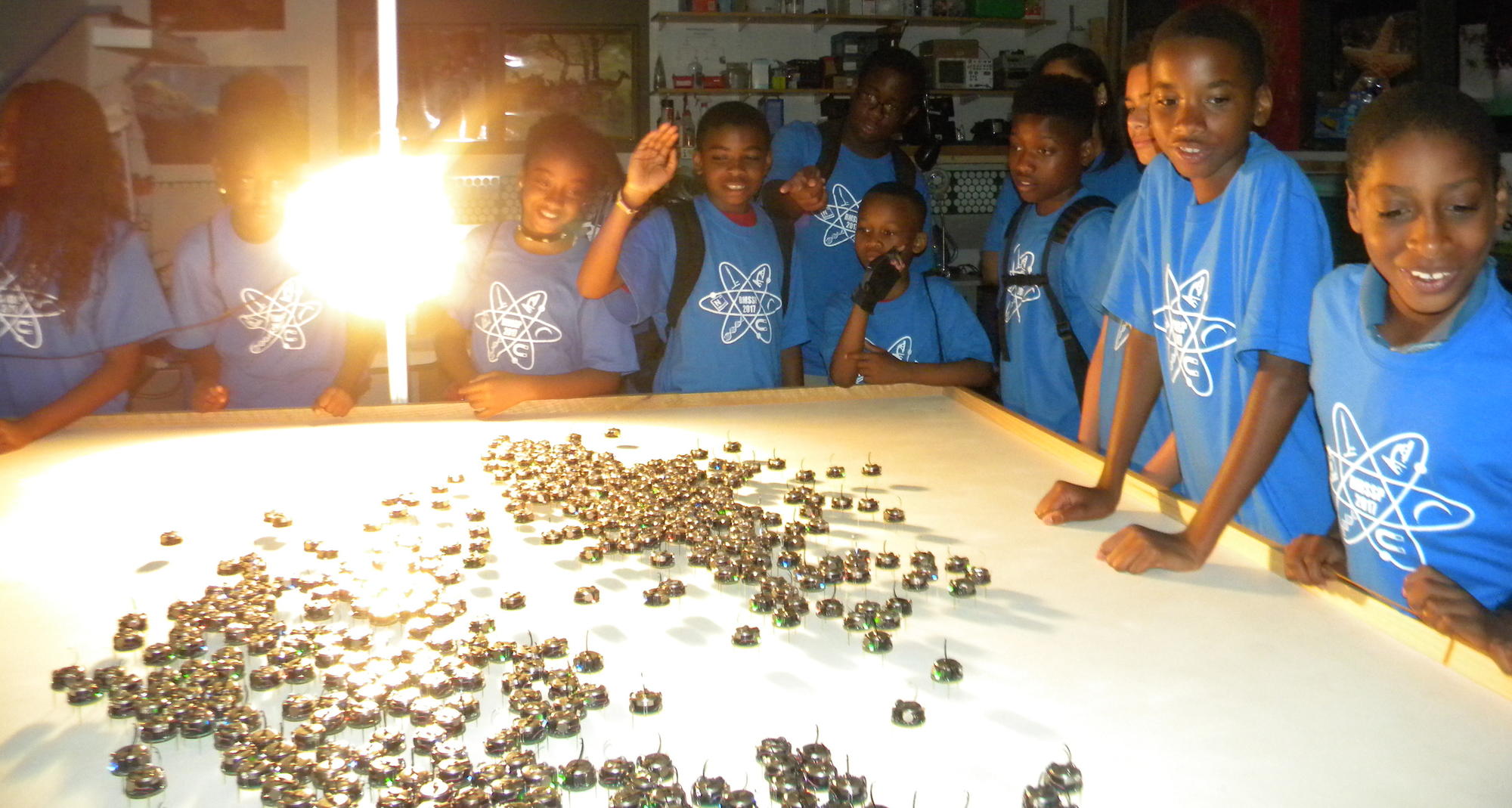
AEROBOT
An Affordable One-Robot-Per-Student Education Robot) is a low-cost robot (~$10 including assembly) designed to introduce elementary and middle-school students to the fundamentals of programming. The idea is that every kid can program, decorate, and take home their own robot creation. Aerobot comes with a minibloq-based graphic programming environment, and a curriculum. AERobot won first prize in the AFRON design challenge for ultra affordable educational robots (March 2014). In June 2014, Aerobot was tested in a STEM summer camp, i2camp BugBots, aimed at 5th-7th graders (40 students), see our results published in ICRA 2015.
MUSEUM EXHIBITS
Our lab has worked with many different museums to develop temporary exhibits about the intersection of biology and technology. One of the very special exhibits was at the Boston Museum of Science, where a large scale exhibit on the NSF Robobees project was developed. This exhibit is now part of the permanent collection called "Wicked Smaht". Termes was featured at the London Science Museum and both Kilobots and Termes are part of a travelling exhibit called "Bugs!", that was first featured at the Museum of New Zealand and is now at the Field Museum of Chicago. Most recently Kilobots can be seen at the Cooper-Hewitt Design Museum in New York,

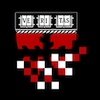
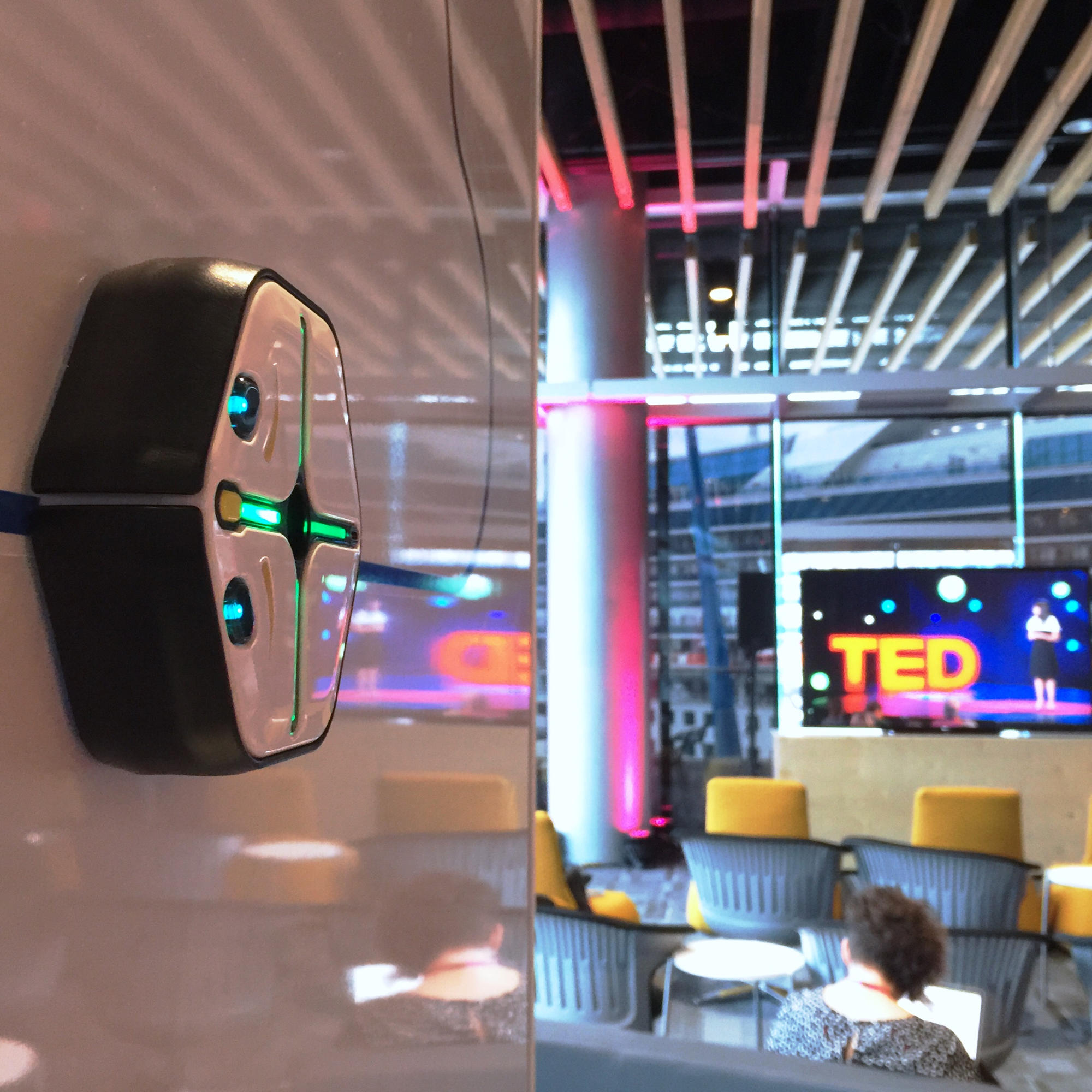
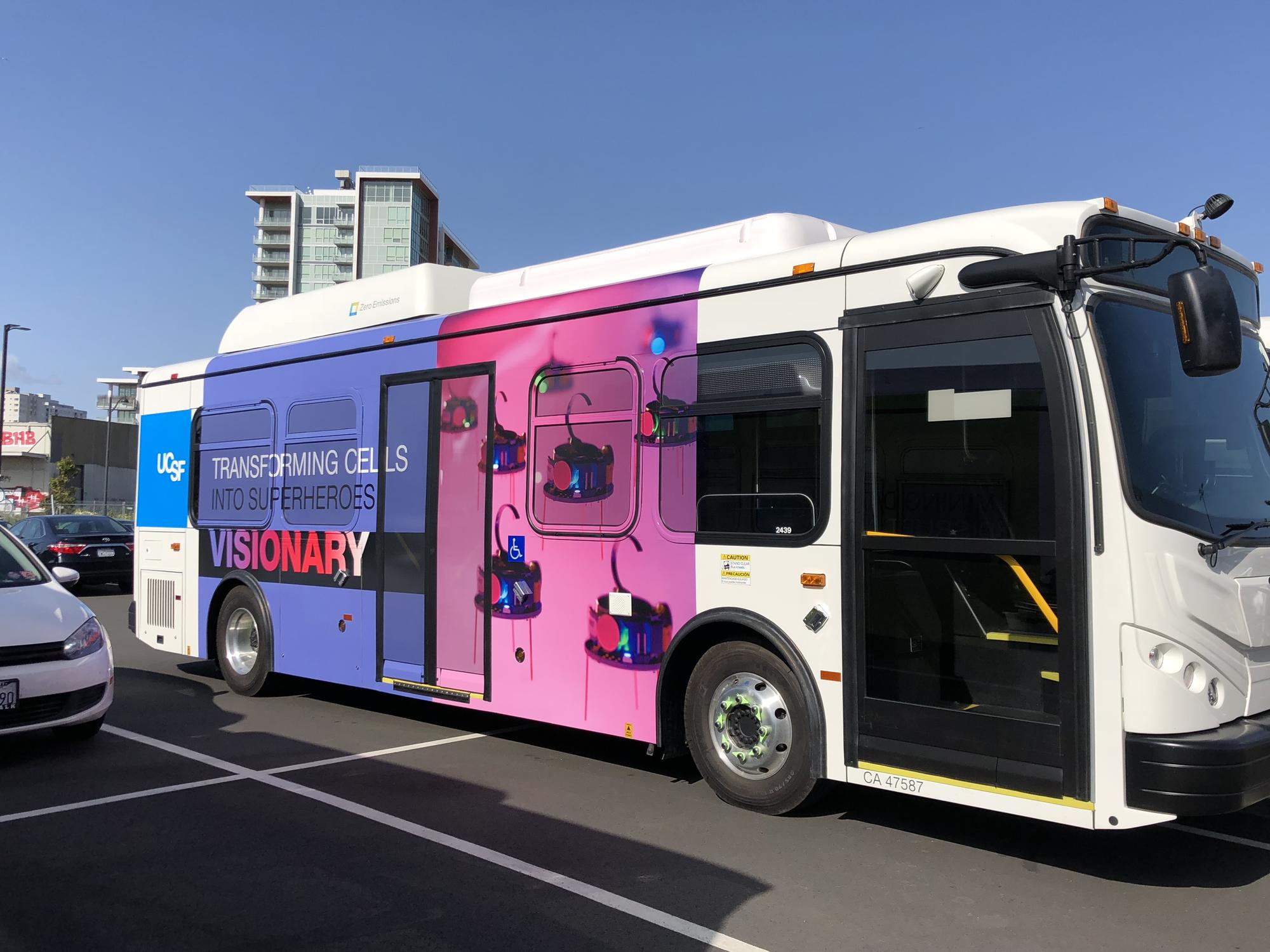
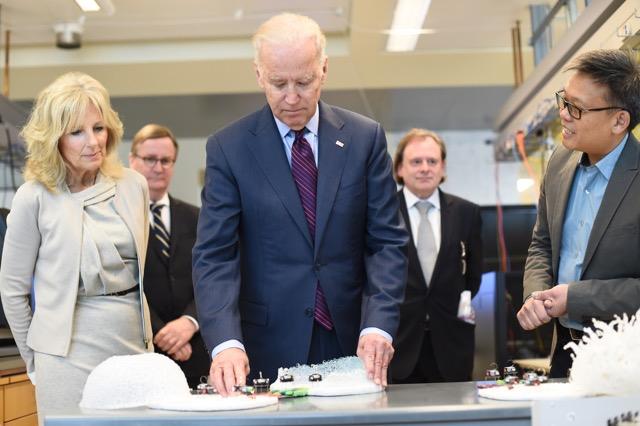

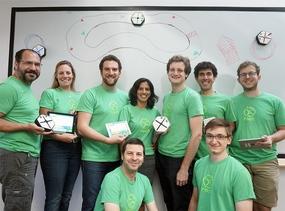
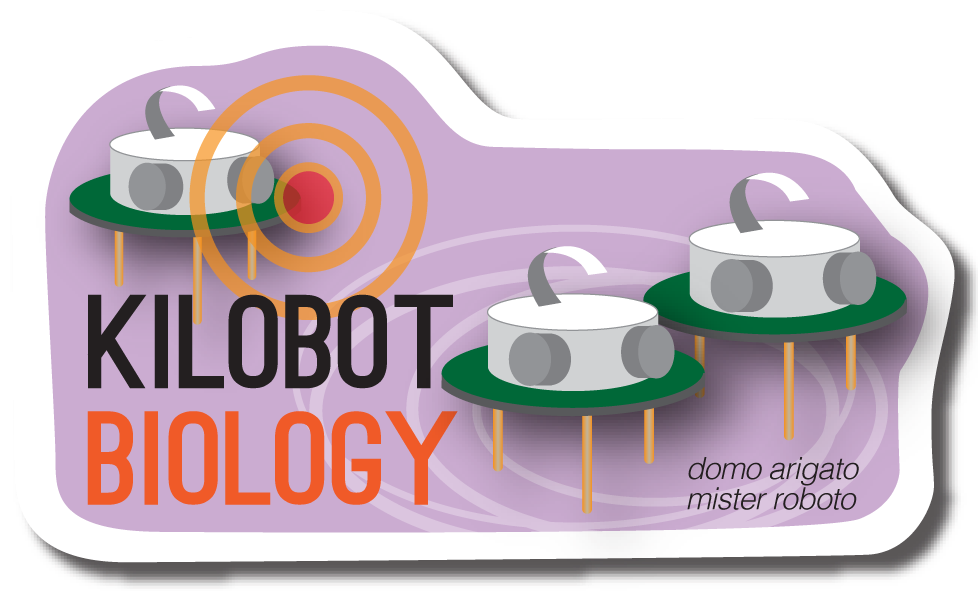


 Robobee Exhibit, Boston Museum of Science
Robobee Exhibit, Boston Museum of Science
 Termes Exhibit, London Museum of Science
Termes Exhibit, London Museum of Science
 Kilobots Exhibit, Museum of New Zealand
Kilobots Exhibit, Museum of New Zealand